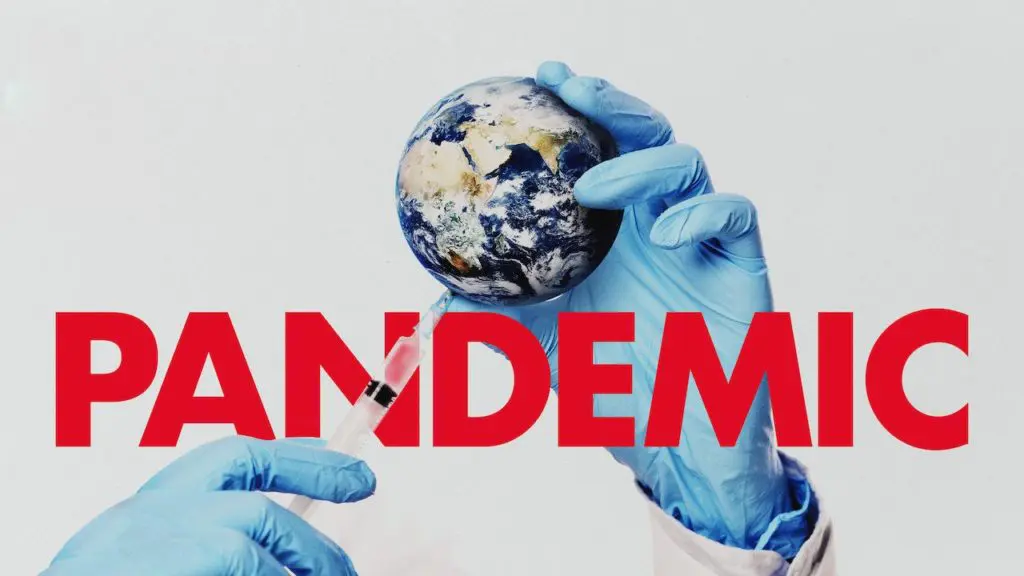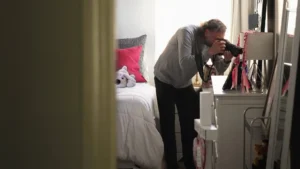Summary
A scaremongering docuseries that insists the end of the world is nigh but lacks the facts and figures to support the claim.
According to Netflix’s new six-part docuseries Pandemic: How to Prevent An Outbreak, we’re all going to die. Obviously we’re all going to die anyway, but this Zero Point Zero Productions release insists it’ll be soon; animal-borne flu viruses are coming for us, worldwide healthcare is ill-equipped to protect us, and thanks to Trump, anti-vaxxers, improper funding, and religion, we probably deserve it anyway.
At least, that’s the message I got. But on closer scrutiny it’s difficult to buy into this series’ outlandish claims of impending doom. Where are the facts? Where is the consideration of developments in science and healthcare? Why is a docuseries that suggests a race against time so preoccupied with peripheral socio-political topics? And on and on we go.
The production company best known for Broken and Rotten is right at home on Netflix, which seems the right place for a docuseries about the rapidly-mutating pathogens that’ll soon kill us. You have to imagine that, just as the internet is becoming the front line of policing, it’ll also become the frontline of told-you-so doomsday proselytizing. Fair play to those who stumble over – or, let’s be frank, gravitate towards – Pandemic: How to Prevent An Outbreak and believe they’ve found the Holy Grail of worldwide flu resistance, but I’m not sure there’s anything in this disjointed series that’ll really help if the influenza hits the fan; multiple chapters in each episode ping-pong us around the globe to various healthcare personnel who seemingly can’t wait to tell us the end is nigh. That eagerness is a killer for what is supposed to be a sober, objective work of non-fiction, only a rung down from hysterical ranting about the Rapture.
The most compelling argument of Pandemic: How to Prevent An Outbreak is the idea that we aren’t ready for an outbreak – that I can believe. For-profit healthcare, understaffing and overwhelming demand seem pretty good reasons for a system to collapse, and if that system is our first and only line of defense against world-ending plagues, it might be enough to keep you up at night. But anyone who stays up at night enduring six episodes of ominous insistence that a global pandemic is right around the corner probably isn’t best suited to solve a healthcare crisis. In that sense, I wonder who this series is actually aimed at, and what the point of winding them up might be.




